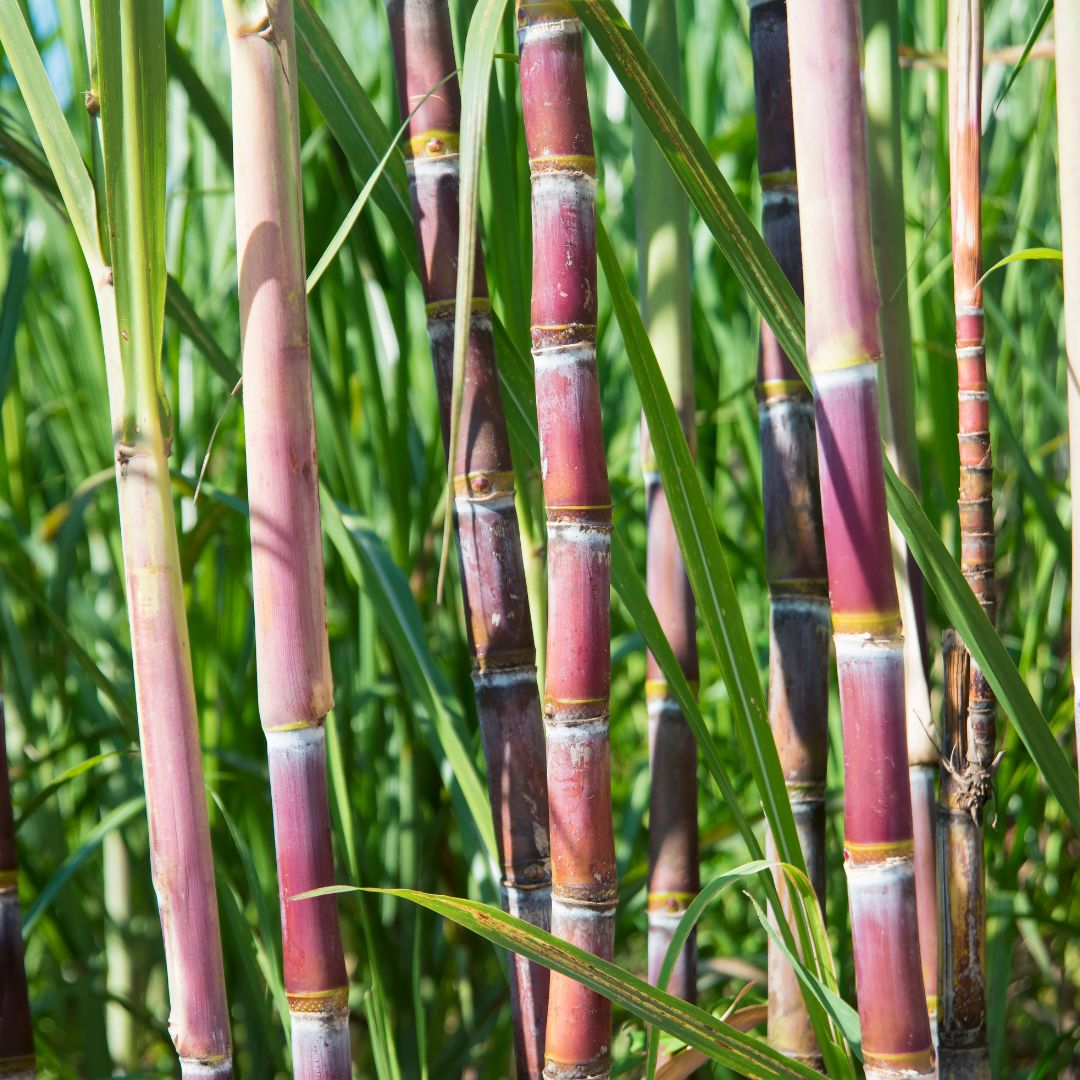Retinol: The Natural Alternative That is just as Effective - But Safer

Retinol is well-known in skincare for reducing fine lines, wrinkles, and uneven skin texture. However, concerns over its harsh side effects, like redness, peeling, and sun sensitivity, have led regulatory bodies, including the NCV (Nederlandse Cosmetica Vereniging), to consider restricting synthetic retinol use. The good news? Natural alternatives offer similar benefits without the irritation.
Why Synthetic Retinol May Face Restrictions
Synthetic retinol can be effective but is often too harsh, especially with prolonged use. Common side effects include redness, peeling, and thinning of the skin, making it vulnerable to environmental damage. Given these risks, regulatory authorities are reviewing its safety and potential restrictions.
Kahai Oil: A Powerful Natural Alternative
One of the most promising natural retinol alternatives is Kahai oil. Extracted from the nuts of the Cacay tree, Kahai oil is rich in vitamin A, essential fatty acids, and linoleic acid, which makes it a potent anti-aging ingredient.
Here’s why Kahai oil is a great replacement for synthetic retinol:
- Boosts Collagen: Like retinol, Kahai oil stimulates collagen, helping to reduce fine lines and wrinkles.
- Hydrates Deeply: It provides moisture while delivering anti-aging benefits, ideal for all skin types.
- Gentle on Skin: Suitable even for sensitive skin, without the risk of irritation or peeling.
Other Plant-Based Retinol Alternatives
While bakuchiol is often highlighted as a popular natural retinol substitute, at Abloom, we prefer a broader range of botanical ingredients. Besides Kahai oil, we emphasize the benefits of rosehip oil and sea buckthorn, which are kinder to the skin:
- Bakuchiol: Derived from the Psoralea corylifolia plant, bakuchiol has retinol-like effects, boosting collagen and smoothing skin, but without irritation. It’s gaining popularity, though we believe in offering a variety of plant-based alternatives.
- Rosehip Oil: Naturally rich in vitamin A and antioxidants, rosehip oil promotes skin regeneration, improves texture, and reduces aging signs.
- Sea Buckthorn: Packed with antioxidants and fatty acids, it enhances skin elasticity, prevents damage, and supports collagen production.
Why Natural Alternatives Are the Better Choice
Natural alternatives provide similar anti-aging effects as retinol without the side effects:
- No Irritation: With ingredients like Kahai and rosehip oil, you won’t experience redness or sensitivity.
- Safe for All Skin Types: Natural options are gentle enough for sensitive, acne-prone, or reactive skin.
- Sustainable: Using plant-based ingredients supports sustainable skincare practices, benefiting both your skin and the planet.
At Abloom Skincare, we use only premium organic ingredients, offering powerful anti-aging benefits while keeping our approach gentle and natural. Our formulations protect and nourish your skin—without the risks associated with synthetic retinol.
We have products like the Hydrating toner and the Supreme skin elixer containing this.




